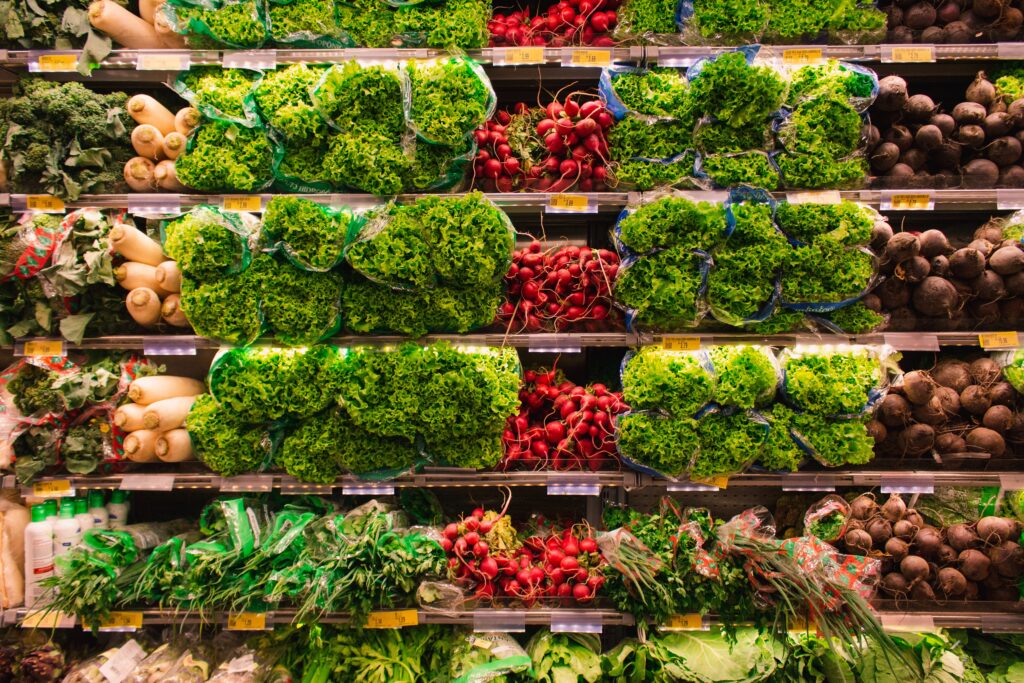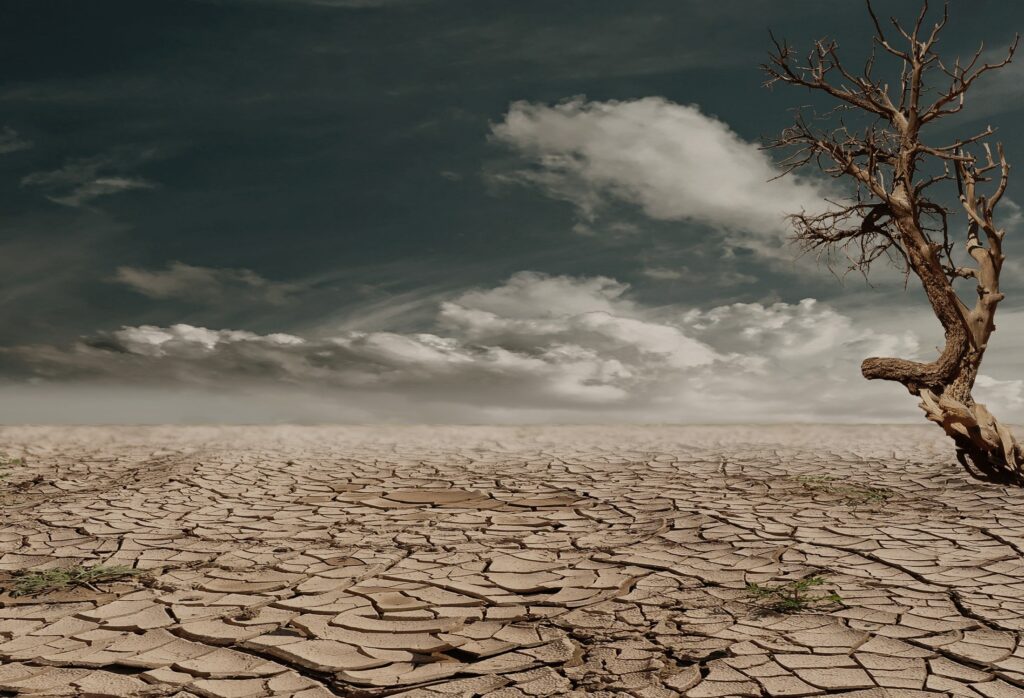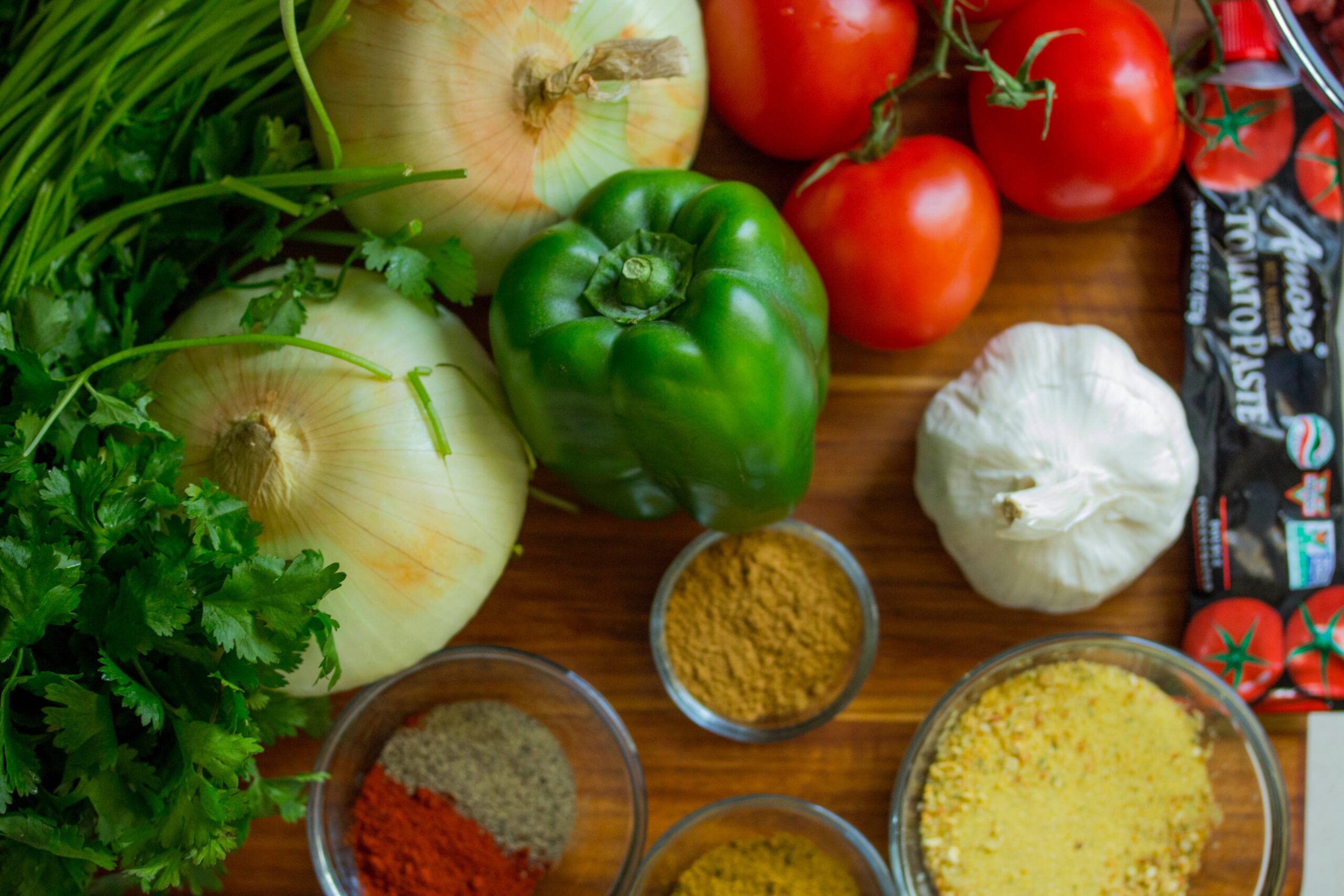Egypt’s decision to increase the private sector’s share in the economy to 65% is set to lure in more investors in the agriculture sector, the mainstay of the country’s economy.
Leaders in the agriculture sector are looking to new technologies and policy shifts that will not only make Egypt a self-sufficient producer, but also an exporter of agricultural commodities, which will contribute positively to the country’s GDP.
This won’t happen without the government working hand-in-hand with the private sector towards an enabling investment environment, said Atsuko Toda Acting vice president for Agriculture, Human and Social Development at African Development Bank (AfDB) on a one-one interview with Business Monthly on the sidelines of the bank’s 57th annual meeting in Accra, Ghana. Egypt is one of the bank’s founding members and is currently the second-largest regional shareholder.
“Egypt’s announcement to increase private sector share is critical and will ensure a growing business environment in the agriculture sector,” Toda notes. Opening the markets for farmers and increasing production is the fastest way to identify business opportunities, he adds.

AfDB Interest
The meetings in Accra discussed how the private sector could play a greater role in African countries to address the impacts of climate change and the Russia-Ukraine war on the sector and on Africa’s food basket, including Egypt.
Rising food prices and diminishing supplies as a result of the Russia-Ukraine war will likely last through 2024, said S&P Global Ratings in a report published June 1.
“Fertilizer shortage, export controls, disrupted global trade, and escalating fuel and transport costs will all exert upward pressure on the cost of staples,” the report noted.
The Russia-Ukraine war is causing a surge in prices of commodities including grains, fertilizer, and input materials, and Egypt’s reliance on wheat, in particular, remains a concern, according to a 2022 agribusiness report by Fitch Solutions. Egypt’s government is heavily subsidizing the agriculture sector, offering fertilizers at less than half the market cost.
As the currency devalued by over 16% in March amidst a historic surge in food prices, there is a lot of uncertainty on the government’s ability to continue relying on imports while maintaining a long subsidy list throughout 2022. Analysts expect a strong emphasis on domestic production with the government looking at alternative markets to source key commodities.
Soaring fertilizer prices spiked by almost 300%, Osward Chanda, director of Water Development and Sanitation at AfDB told Business Monthly in Accra. “This will remain a key challenge as we expect a further increase,” he says.
Low and low-to-middle income countries in Central Asia, the Middle East, Africa and the Caucasus could be the worst hit by the first-round impact, said S&A Global Ratings credit analyst Samuel Tilleray.
“The role the private sector plays is essential, particularly in contributing to availing fertilizers and seeds as well as facilitating aggregation and providing logistics. So, in every way agribusiness is critical in terms of implementing a systemic food transformation,” Toda adds.
Egypt’s yields of food crops are expected to recede by over 10% by 2050 due to climate change, particularly the higher temperatures, water stress and increased salinity of irrigation water, according to a 2021 report by the International Food Policy Research Institute (IFPRI). The main affected crops are maize, sugar crops, fruits and vegetables.
Due to its dependence on food imports, Egypt is not only affected by climate change at home, but also by impacts in other food-producing countries. “Climate change-induced increases in food prices will reduce Egypt’s food import demand, while also dampening demand for Egypt’s exports,” the IFPRI report noted.

“The implications for Egypt are tighter food markets with both reduced domestic production and increased difficulties to import food, making it more difficult to augment domestic food supplies. This situation suggests the need for investments in climate change adaptation in the agriculture sector,” the report explained. “Global cooperation to mitigate greenhouse gas emissions is also warranted given the high cost to Egypt’s society from adverse climate change impacts worldwide.”
“The private sector has the capabilities that enable it to access external markets to promote the African food production, which is critical if African countries orient to accelerate their food production.”
A Drop of Life
Accessing sufficient freshwater also remains a core challenge in Egypt’s arid climate. According to the Research Department at the American Chamber of Commerce in Egypt, the agriculture sector accounted for 76% of the total use in fiscal year 2019/20.
Water scarcity is a key limitation to agricultural output in Egypt, according to Fitch’s report. It notes that water shortages and limited agricultural land available for crops will result in beef, rice and grains underperforming in production this year.
In this regard, Chanda of AfDB explains that the bank is currently financing two of Egypt’s major projects to mitigate threats, which include Gabal El-Asfar wastewater treatment plant and Abu-Rawash Wastewater Treatment Plant Project.

“Increasing the private sector’s role is necessary to provide the financing needed to implement projects to fight the impacts of climate change,” Chanda says. “Egypt’s decision will positively serve the agribusiness sector.”
Investing in projects related to climate change in Egypt will reward a high return on investments, asserts Patrick Verkooijen, founder and the CEO of Global Centre on Adaptation, a Dutch foundation that acts as a solutions broker to accelerate, innovate and scale adaptation action for a climate-resilient world.
“Investing $1 in climate adaptation in agribusiness and related activities would generate $4 in the near future,” he says.
However, Egypt’s agribusiness sector is beset by challenges, according to a 2021 IFC report titled “The Private-Sector Diagnostic in Egypt.”
“These challenges include barriers to international trade, weak local supply chains, [lack of training opportunities] alongside the role of state-owned enterprises in the production, processing, and marketing of crops and animal products, which creates unfair competition for private business and is a disincentive for attracting foreign investment and opportunities,” according to the report.







